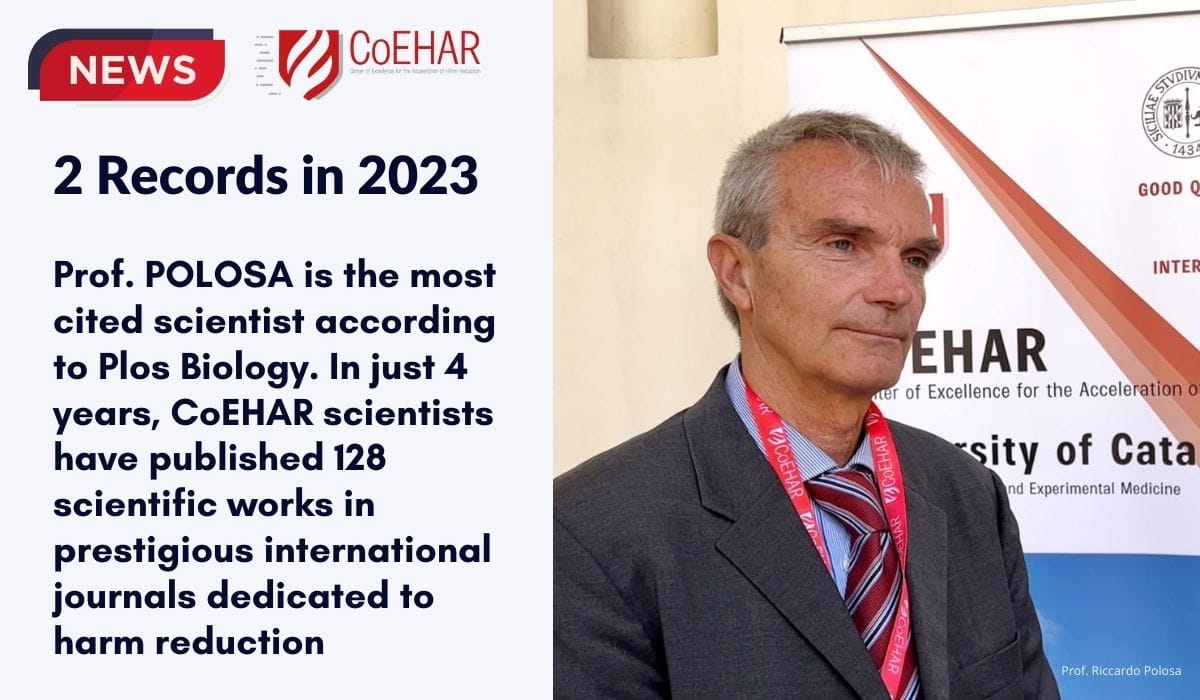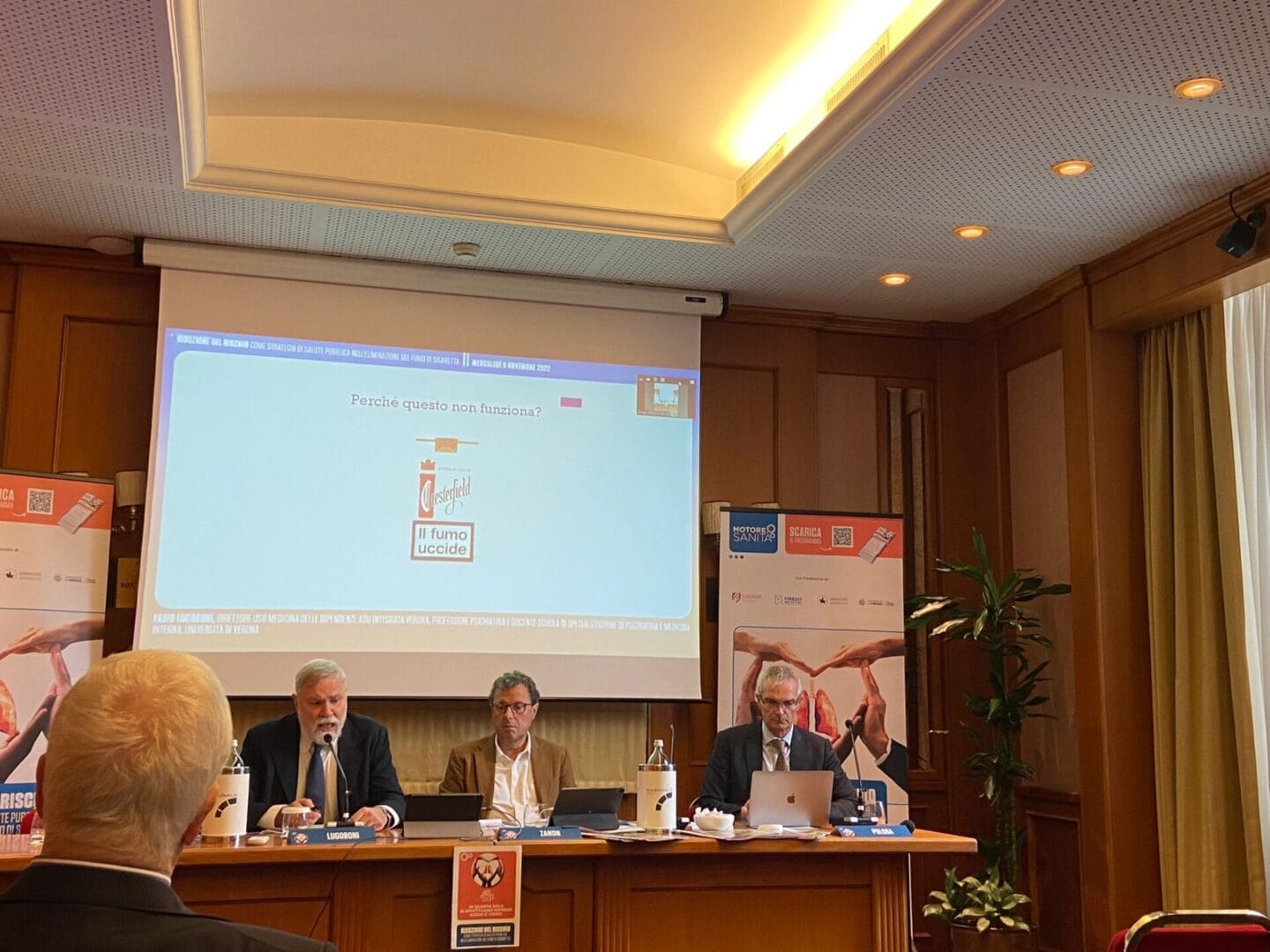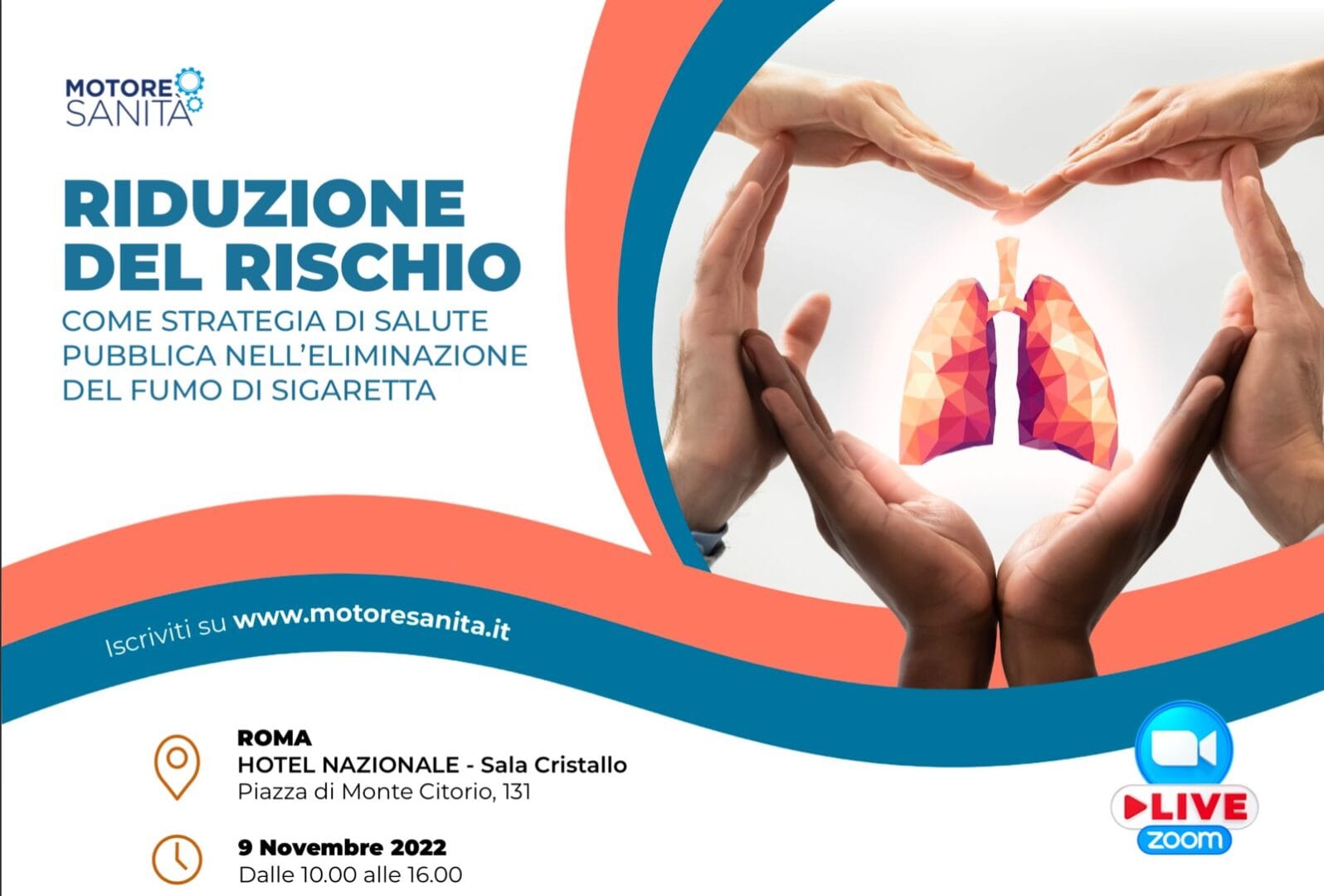In Silico review: ecig add no additional cardiovascular health risks
The research covered 25 studies comprising 1,810 participants who smoked. The authors found that nearly two thirds of the tests analyzed showed e-cigarettes do not bring any additional harm to a smoker’s health, specifically in relation to heart rate, blood pressure and cardiovascular test. In fact, researchers evaluated evidence from two clinical studies that showed that the use of e-cigarettes could lead to a potential benefit. For example, participants with hypertension experienced a clinically significant reduction in systolic blood pressure after one year of electronic nicotine delivery systems use.










